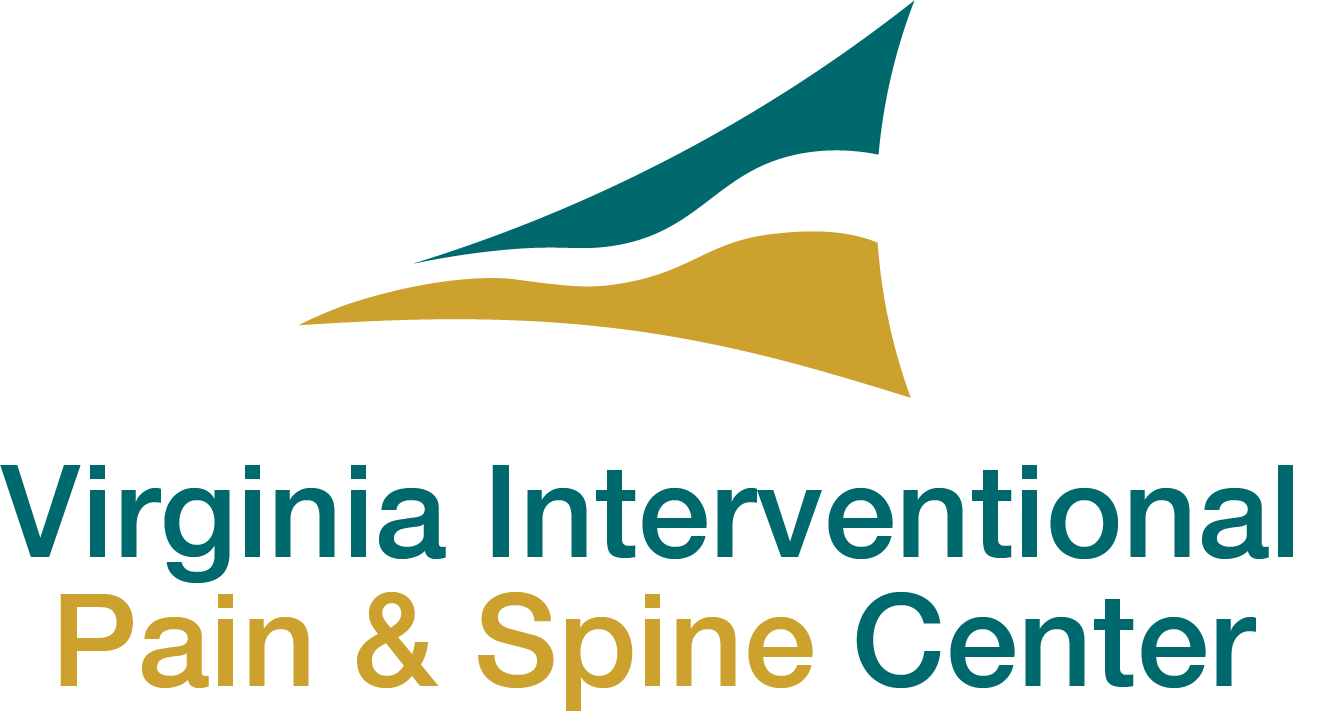Comprehensive Billing, Insurance, and Office Policy Information for Our Patients
At Virginia Interventional Pain & Spine Center (VIPSC), we’ve transitioned from relying on a medical management company for billing and coding to establishing our own in-house billing and coding department. This shift has required significant time and effort to ensure a seamless transition for our patients. While we experienced some initial “growing pains,” our billing and coding department has evolved into one of the strongest aspects of our practice.
Our dedicated team now includes twelve billing, coding, and collection specialists, many of whom are certified professional coders. Pain management is a complex medical specialty, and the business side is equally challenging. Our billing and coding team works diligently to file claims promptly and to stay up to date with the ever-changing rules and regulations of the insurance industry.
To better assist our current and future patients, we’ve provided comprehensive information below about the most common insurance and payment policies encountered at VIPSC. We’re committed to ensuring transparency and helping patients navigate their financial processes with ease.
Answers to Common Questions About Insurance, Payments & Policies
What is required to initiate care for patients using their insurance?
Proof of insurance is required to initiate care for every patient using their insurance. Patients must present all insurance cards and a government-issued photo ID during their first visit, even if insurance information was obtained by phone or through another provider prior to the initial visit.
What are co-pays and co-insurances, and when are they collected?
Co-pays and Co-insurances are a portion of a patient’s fees not covered by insurance carriers. These fees are collected on the day of the visit, prior to seeing a healthcare provider. Insurance contracts between insurance carriers and healthcare providers require healthcare providers to collect co-pays and co-insurances.
What are deductibles, and when must they be paid?
Deductibles are also a portion of a patient’s fees not covered by insurance carriers. Deductible limits must be met and paid in full by the patient prior to the activation of patient benefits.
What are out-of-pocket expenses, and how do they affect billing once met?
Out-of-pocket expenses are an additional portion of a patient’s bill not covered by insurance carriers. However, once the out-of-pocket amount is met and paid in full by the patient, benefits increase to 100% coverage, and the patient is no longer billed. This remains in place until the patient’s policy renews.
What is preauthorization, and why is it necessary?
Preauthorization is the process of obtaining the insurance carrier’s approval for recommended procedures before they are performed. Without preauthorization, the patient is responsible for the procedure’s fees.
How long can preauthorization take to obtain?
Preauthorization is the process of obtaining the insurance carrier’s approval for procedures the doctor recommends before the procedure is performed. The procedure should not be performed until the preauthorization is obtained. If the patient receives the procedure prior to the authorization, the fees for the procedure will be the patient’s responsibility. In many cases, preauthorization can be obtained quickly. Unfortunately, in some cases, the authorization can take two weeks or longer.
What is primary and secondary coverage, and how are they determined?
Primary and secondary coverage occurs when the patient is covered under two distinct full policies, one belonging to the patient and the other belonging to a spouse. The primary policy is always the policy belonging to the patient, and the spouse’s policy is always secondary.
What are supplemental policies, and what do they cover?
Supplemental policies are small policies intended to pick up portions of fees not paid by the patient’s primary policy. Supplemental policies are not full policies and they only cover the remaining portion of fees for “covered services” Covered services are those services covered by the primary policy. If the primary policy refuses to pay fees for a service “non-covered service” the supplemental policy will also deny payment.
How are personal injury cases, such as motor vehicle accidents, handled?
Personal injury cases such as motor vehicle accidents are accepted on a cash basis. Information necessary for the patient to receive reimbursement from their carrier will be provided to the patient.
How are workers’ compensation cases handled?
Worker’s compensation cases are accepted based on our contract status with the carrier or on a cash basis. If we have a contract with a carrier to treat patients they insure, we accept the case through the insurance policy. If we do not have a contract with a carrier to treat patients they insure, we will only accept the case on a cash basis.
What are the fees for no-shows, and when are they applied?
No-show fees are charged if appointments are not canceled at least 48 hours in advance. The fee for missed new patient or procedure visits is currently $100.00. The fee for missed follow-up visits is currently $50.00
Is there a fee for completing additional paperwork required by outside parties?
There are times when outside parties require additional paperwork not related to payment for services rendered. In these situations, there is a fee for completing the additional paperwork, typically $25/page.
Are there fees for requesting copies of a patient’s records?
If copies of a patient’s records are requested, based upon the situation, there may be a fee that is determined by the number of copies produced.
What fees are charged for returned checks?
Fees are charged for returned checks. The amount of the fees is based on the bank’s charges to the practice.
